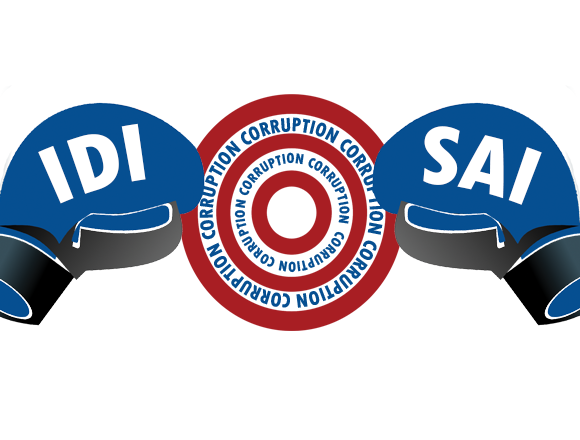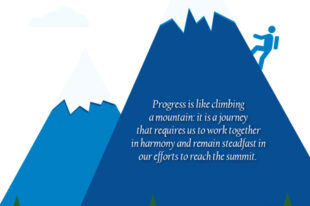IDI’s Sustainable Development, Fighting Corruption Initiatives

Corruption—the misuse or the abuse of public office for private gain. It comes in various forms and a wide array of illicit behavior, such as bribery, extortion, fraud, nepotism, graft, speed money, pilferage, theft, embezzlement, falsification of records, kickbacks, influence peddling, and campaign contributions.
Corruption causes damage to public institutions ranging from financial and performance loss to loss of reputation and credibility. Corruption also results in hardship to citizens and compromises services delivered.
SAIs can be key players in the fight against corruption!
By virtue of oversight functions, SAIs can help create an environment that enables good governance through mechanisms, such as audits, reporting and publicizing audit findings and risks, building robust and effective internal controls.
As public institutions, it is important SAIs lead by example.SAIs have a role, a responsibility to report and follow up when encountering corruption during the course of audits and are required by ISSAI 30 to have, and implement, a code of ethics.
In the 2014 Global Survey a high volume of responses indicated considerable challenges in fulfilling mandates on preventing, detecting and reporting corruption.
Based on these data, 98 SAIs and seven INTOSAI regions have established the prevention of corruption as a priority, as has the IDI.
Last year, IDI devised important developments affecting the SAI Fighting Corruption Program:
Revised cooperative audit model that looks at SAI commitment and readiness; and
Focus on SDG 16 (particularly 16.5 related to the fight against corruption). As such, the audit component will be linked to the Auditing SDGs program.
SAI FIGHTING CORRUPTION PROGRAM LAUNCH
The IDI kicked off the SAI Fighting Corruption capacity development program May 29, 2017, with the initiation of the eLearning Course on “Audit of Institutional Framework for Fighting Corruption.” Twenty SAIs from English speaking regions have already signed up for program, which will be delivered in Arabic, French and Spanish in 2018.
To help achieve the program’s primary objective to increase SAI effectiveness in fighting corruption, program resources will focus on:
SAI Leading by Example in Implementing ISSAI 30- Code of Ethics—Program participants will undergo a self-directed, two-week eLearning course based on guidance and materials using the revised ISSAI 30 that was endorsed at the XXII INCOSAI in Abu Dhabi. At the end of the course, students will prepare an action plan to implement ISSAI 30 for their SAI.
Audit of Institutional Frameworks for Fighting Corruption—This is an 8-week mentor-led eLearning course focusing on preventing corruption that may affect SDG achievement. SAIs will conduct cooperative ISSAI-based performance audits looking primarily at institutional framework strength at the whole of government level. The audit model, linked to SDG 16, also considers the impact of corruption on gender and the importance of stakeholder engagement.
SAI-Stakeholder Platform for Fighting Corruption—This is a SAI-level engagement whereby IDI selects a handful of SAIs to support in establishing or enhancing SAI-stakeholder platforms for fighting corruption. This component is set for delivery in 2019. The IDI will support selected SAIs in setting up or enhancing SAI-stakeholder platforms for fighting corruption.





